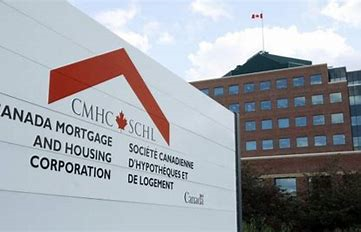The November sales report released by TRREB shows home sales in the GTA are up almost 25 percent from a year ago. The report displays a record pace of sales with 8,766 home sales up from 7054 last November.
Along with an increase in the number of homes sold the average sale price also rose 13.3% year over year to $955,615 from $843,307. The largest increase came from single-family homes sold outside of the 416.
"Homebuyers continued to take advantage of very low borrowing costs. - TRREB President Lisa Patel.
The condo market has seen nearly double the number of condos listed in 2020 compared to the same time last year. The substantial increase in inventory has led to a decline in sale prices across the GTA. Condo sale prices are down 2% in the GTA and 3% in the city.
TRREB Chief Market Analyst Jason Mercer said "This may be somewhat of a short-term phenomenon. Once we move into the post - COVID period we will start to see a resumption of population growth, both from immigration and a return of non-permanent residents."
Check out the entire report by clicking here
